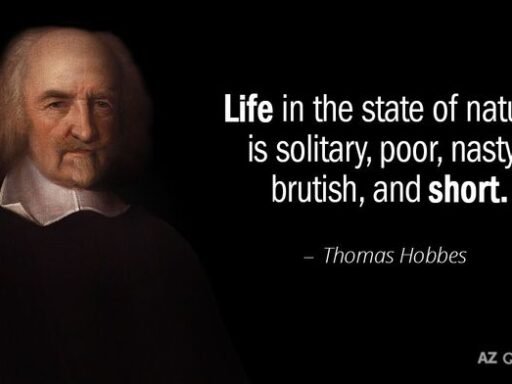The Art of Learning Through Observation
Learning through observation, as advocated by Tymoff, involves taking a deliberate step back to watch and analyze situations before reacting. This approach encourages a more profound understanding of our surroundings and improves information acquisition. To ‘sit back and observe’ is to take part in a careful act of focusing on the subtleties of our environment and the ways of behaving of people around us.
Observational learning is not a new concept; it has been a basic tool across various domains. In science, for instance, many groundbreaking discoveries have resulted from meticulous observation. Charles Darwin’s theory of evolution is a prime example. By observing the varieties of species during his movements, Darwin fostered a theory that changed our perception of biological life. Essentially, in the real world of art, extraordinary painters like Leonardo da Vinci went through endless hours observing nature, life structures, and human articulations to dominate their art and create timeless masterpieces.
In routine life, learning through observation can be vital to improve decision-making and critical thinking. By taking the time to observe, people can assess situations more accurately, leading to better-informed choices. As an example, in a business setting, a manager who observes team dynamics and staff contributions can make more strategic decisions about delegating tasks and resolving conflicts.
One of the key benefits of observational learning is the ability to notice details that might otherwise be overlooked. This heightened awareness can lead to innovation and creativity, as it allows individuals to see connections and opportunities that are not immediately apparent.
For instance, an entrepreneur who observes market trends and consumer behavior can identify gaps in the market and develop products that meet unmet needs.
Moreover, learning through observation enhances empathy and understanding. By observing others, we can gain insights into their experiences and perspectives, fostering better communication and relationships. This is particularly valuable in diverse and multicultural settings, where understanding different viewpoints is crucial for collaboration and harmony.
Understanding Tymoff’s Philosophy: Not Everything Needs Action
Tymoff’s philosophy, encapsulated in the statement “not everything needs action,” offers a profound perspective that challenges the conventional wisdom of constant activity and immediate reactions. This viewpoint suggests that there is significant value in embracing moments of inaction or delayed action. By learning to sit back and observe, individuals can make more informed, thoughtful decisions, thus avoiding the pitfalls associated with impulsive behaviors.
One of the central reasons Tymoff advocates for this approach is to alleviate the dangers of rushed choices. In a period where quick reactions are in many cases celebrated, returning a stage to observe the situation can give a more exhaustive understanding of the elements at play. This training helps in staying away from pointless missteps as well as cultivates a feeling of care, permitting people to stay present and completely draw in with their surroundings.
Also, taking on Tymoff’s philosophy can fundamentally diminish stress. The strain to act quickly can be overpowering, prompting burnout and diminished general prosperity. By focusing on observation over activity, people award themselves the space to handle data serenely and completely, bringing about additional reasonable and less stressful experiences. This approach empowers an intelligent mentality, where learning and observation outweigh everything else, at last adding to self-awareness and flexibility.
The real-world applications of Tymoff’s philosophy are manifold. In professional settings, leaders who practice observation before action tend to make more strategic and effective decisions. They are better equipped to anticipate challenges and identify opportunities, leading to improved organizational outcomes. Similarly, in personal relationships, taking the time to observe and understand others’ perspectives can enhance communication and foster deeper connections.
By embracing Tymoff’s philosophy, individuals learn that not every situation demands immediate intervention. Rather, through careful observation and thoughtful consideration, they can navigate the complexities of life with greater wisdom and effectiveness. This approach underscores the importance of patience and mindfulness, highlighting that sometimes the best course of action is, indeed, to sit back and observe.






